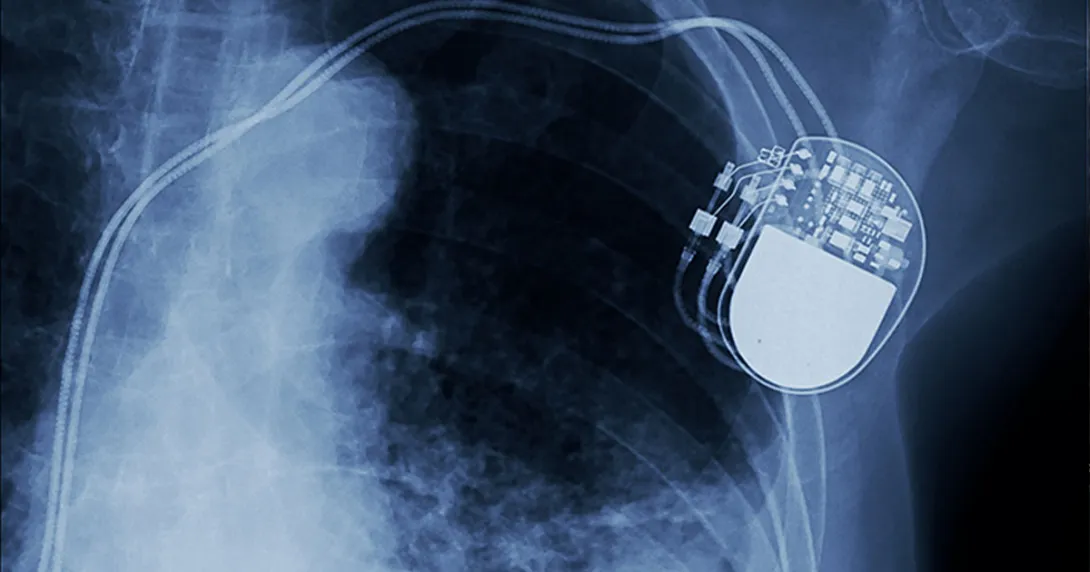The Senate draft of the health reform bill released Thursday provides no new funds for healthcare IT – but the strategies outlined for reimbursement, cost savings and improved care all depend on the generation and use of data.
The issue of healthcare IT adoption is not addressed in the reform bill, Piper Jaffrey senior research analyst Sean Wieland said. "But the use of the data generated from these yet-to-be-installed systems is a central theme throughout the 615-page bill."
Wieland said reimbursement reform targets outcomes, best practices and prevention, and that healthcare IT will be among the winners. The losers will be the health plans, he forecasts, because increased regulations will be a burden.
The first draft of the "Affordable Health Choices Act' uses the word "data" 157 times, by Wieland's count.
The stimulus provided more than $30 billion in the form of reimbursements – some have likened them to rebates – to promote the adoption of healthcare information technology in hospitals and physician practices across the country.
"The use of the data generated from these yet-to-be-installed systems is a central theme throughout the 615-page bill,' Wieland wrote in a brief released Wednesday. "The plan appears to be to use these mountains of data to discern best practices to lower overall healthcare costs."
"The language in the bill is a dramatic shift towards a pay-for-performance reimbursement model," Wieland said. "Public and private health plans will be required to provide incentives for the provision of high quality healthcare, including the implementation of case/disease management, promotion of the medical home model, prevention of hospital re-admissions, promotion of patient safety and reduced medical errors through the use of best practices and evidence-based medicine and additional incentives for the use of health information technology."
A public hearing is scheduled for Thursday, June 11. Mark-up will begin Tuesday, June 16.
"About the only thing guaranteed in this process is that the final bill will be different than this first draft," Wieland said. He predicts the opposition will be largely around the price tag – $157 billion in appropriations alone, with some estimates topping $1 trillion over 10 years.
Sen. Edward M. Kennedy, (D-Mass.), chairman of the Senate Committee on Health, Education, Labor and Pensions, said in a statement Tuesday that discussions continue between HELP Committee Democrats and Republicans on key outstanding issues.
Earlier this year, Kennedy and Sen. Max Baucus, (D-Mont.) chairman of the Finance Committee, which shares jurisdiction of healthcare reform with HELP, established a joint process to create legislation.


